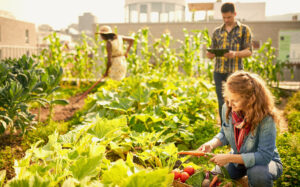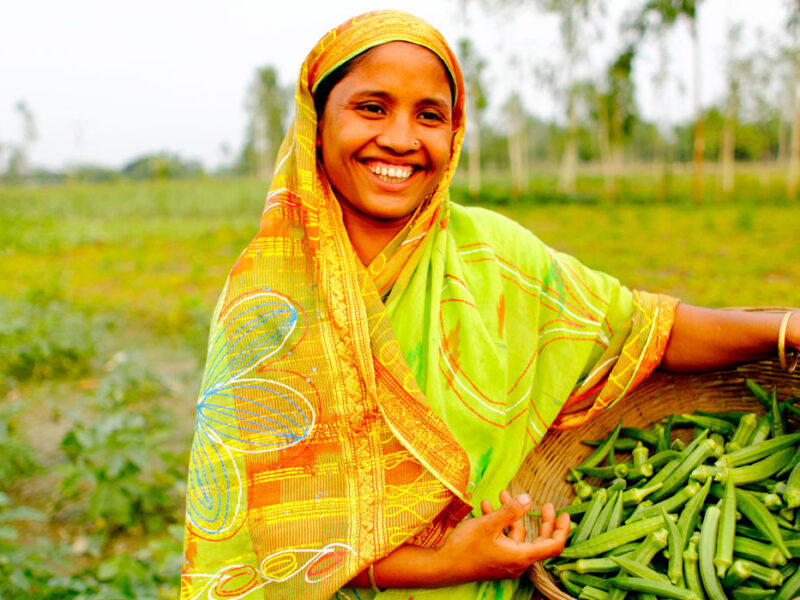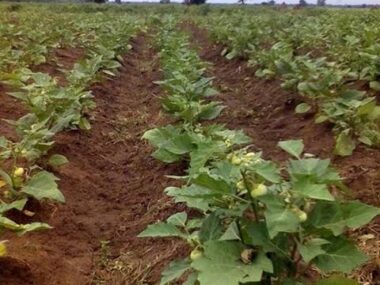- Introduction: International agricultural development plays a pivotal role in addressing global challenges such as hunger, poverty, and environmental degradation. By promoting sustainable and inclusive agricultural practices, fostering innovation, and strengthening food systems, international agricultural development initiatives contribute to improving livelihoods, enhancing food security, and achieving sustainable development goals worldwide. In this comprehensive guide, we will explore the importance of international agricultural development, key strategies for fostering agricultural transformation, and the impacts of agricultural development on global prosperity.
- The Importance of International Agricultural Development: International agricultural development is essential for achieving food security, reducing poverty, and promoting economic growth, particularly in developing countries where agriculture remains a primary source of livelihood for millions of people. By increasing agricultural productivity, enhancing market access, and promoting value chain development, agricultural development initiatives contribute to poverty reduction, rural development, and improved nutrition outcomes, empowering communities and fostering economic resilience.
- Strategies for Agricultural Transformation: Agricultural transformation involves shifting from traditional, subsistence-oriented farming practices to more modern, market-oriented agricultural systems that are productive, resilient, and sustainable. Key strategies for agricultural transformation include investing in agricultural research and innovation, improving access to agricultural inputs and technologies, strengthening extension services and farmer training programs, and promoting inclusive value chain development and market access for smallholder farmers. Additionally, promoting sustainable land management practices, climate-smart agriculture, and agricultural diversification enhances resilience to climate change and environmental degradation, ensuring the long-term viability of agricultural systems.
- Capacity Building and Knowledge Transfer: Building the capacity of farmers, extension workers, policymakers, and other stakeholders is crucial for the success of agricultural development initiatives. Training programs, technical assistance, and knowledge transfer initiatives empower farmers with the skills and knowledge needed to adopt modern agricultural practices, improve productivity, and manage natural resources sustainably. Collaborative research partnerships, farmer field schools, and knowledge-sharing platforms facilitate the exchange of best practices, innovations, and lessons learned among agricultural stakeholders, promoting continuous learning and adaptation.
- Promoting Inclusive Growth and Gender Equality: Ensuring that agricultural development initiatives benefit all segments of society, including women, youth, and marginalized communities, is essential for promoting inclusive growth and reducing inequalities. Gender-responsive agricultural development approaches recognize the unique roles and contributions of women in agriculture and address gender disparities in access to land, inputs, credit, and decision-making opportunities. Empowering women farmers, promoting women’s entrepreneurship, and integrating gender considerations into agricultural policies and programs enhance the effectiveness and sustainability of agricultural development efforts.
- Private Sector Engagement and Investment: Engaging the private sector and mobilizing private investment in agriculture play a critical role in driving agricultural innovation, expanding market opportunities, and stimulating economic growth. Public-private partnerships facilitate technology transfer, value chain development, and market linkages, leveraging the expertise, resources, and networks of both the public and private sectors to catalyze agricultural development. Creating an enabling environment for private sector investment through policy reforms, regulatory incentives, and infrastructure development encourages investment in agribusinesses, agro-industries, and value-added processing, generating employment opportunities and stimulating rural economies.
- Resilience-Building and Disaster Risk Management: Strengthening the resilience of agricultural systems and rural communities to natural disasters, climate change, and other shocks is essential for ensuring food security and livelihood sustainability. Disaster risk management strategies, early warning systems, and social protection mechanisms help farmers cope with agricultural risks and shocks, mitigate crop losses, and recover from adverse events. Investing in climate-resilient agriculture, water management infrastructure, and agroecological practices enhances the adaptive capacity of agricultural systems and promotes long-term resilience to environmental challenges.
- International Cooperation and Partnerships: International cooperation and partnerships are critical for mobilizing resources, sharing knowledge, and fostering collaboration among countries, donors, multilateral organizations, and civil society actors in support of agricultural development goals. Global initiatives such as the United Nations’ Sustainable Development Goals (SDGs), the Comprehensive Africa Agriculture Development Programme (CAADP), and the Global Alliance for Climate-Smart Agriculture (GACSA) provide platforms for collective action, advocacy, and knowledge exchange on agricultural development priorities and challenges. Strengthening South-South cooperation, regional integration, and knowledge networks promotes mutual learning and peer-to-peer support among countries facing similar agricultural development challenges.
- Monitoring, Evaluation, and Learning: Monitoring, evaluation, and learning are essential for assessing the effectiveness, impact, and sustainability of agricultural development interventions and informing evidence-based decision-making. Rigorous impact assessments, performance indicators, and outcome evaluations measure progress towards agricultural development goals, identify areas for improvement, and generate lessons learned for future programming. Participatory monitoring and evaluation approaches involve stakeholders in the assessment process, foster ownership and accountability, and ensure that agricultural development efforts are responsive to local needs and priorities.
- Conclusion:

sustainabile food










